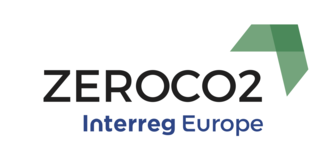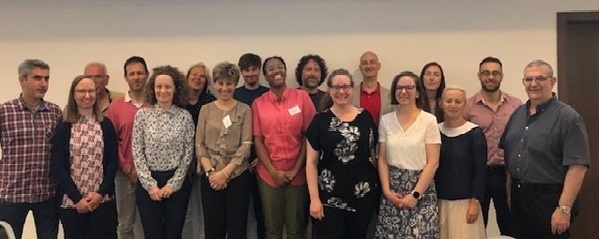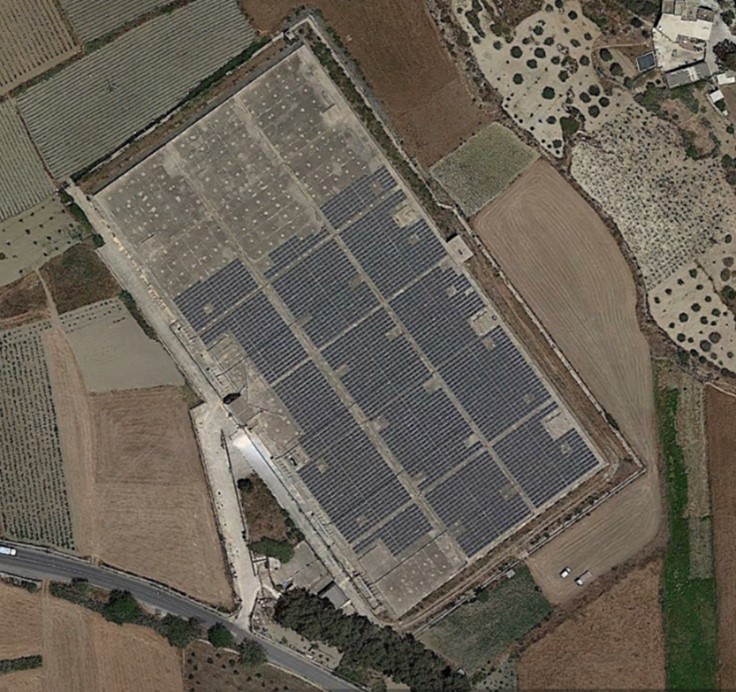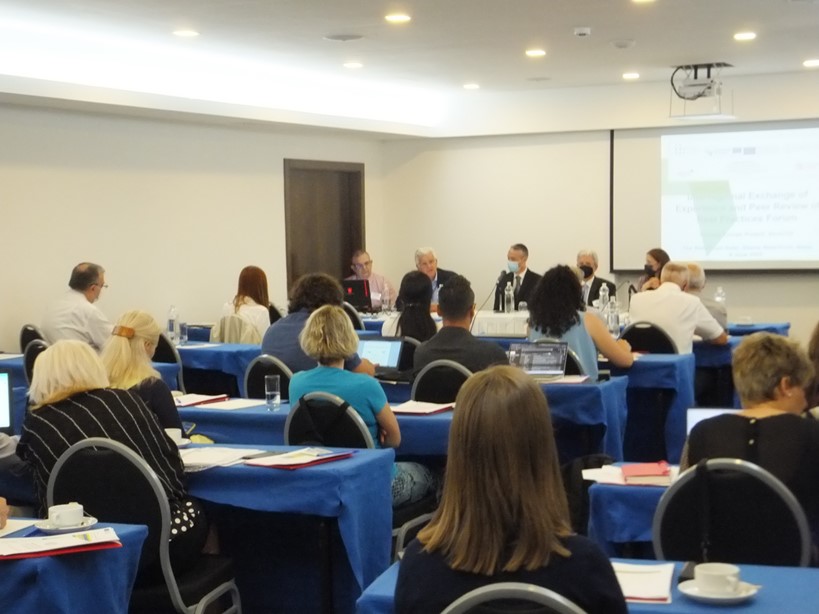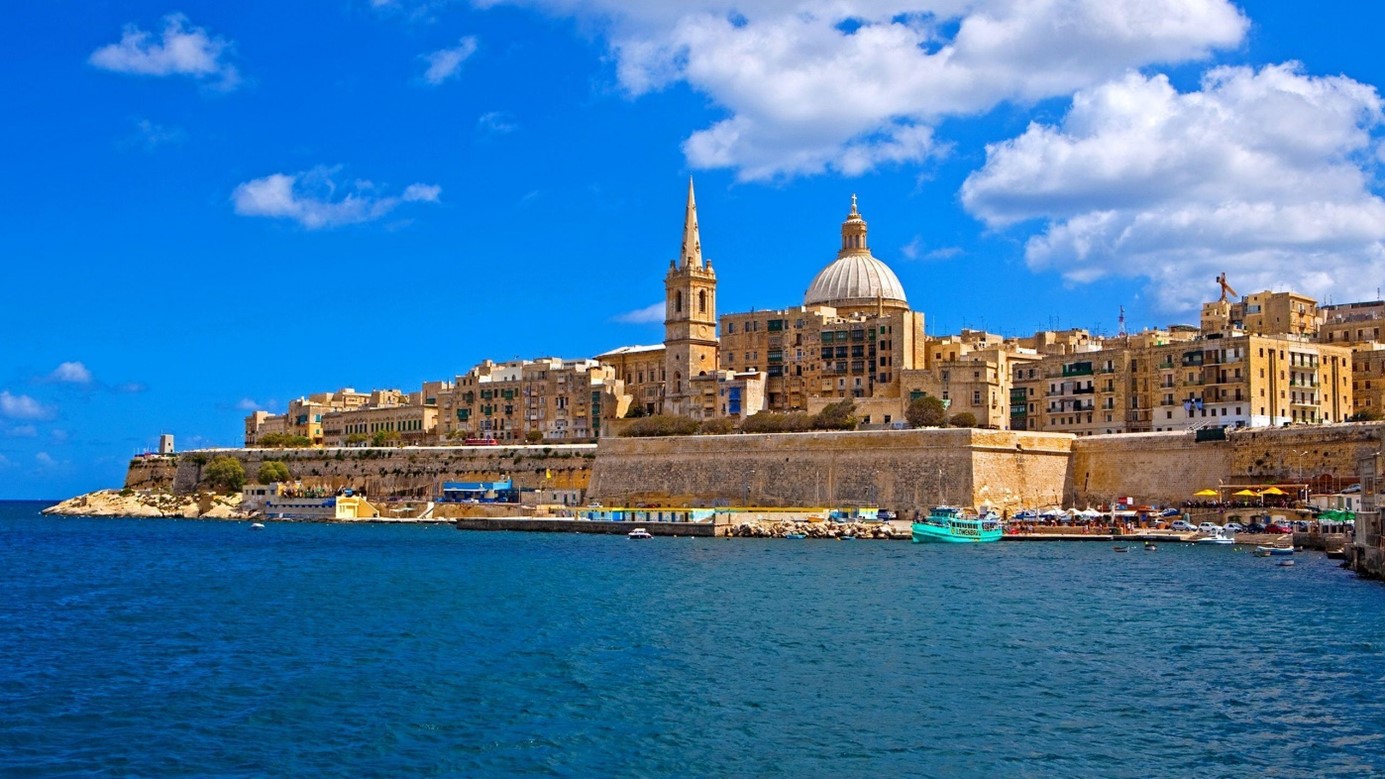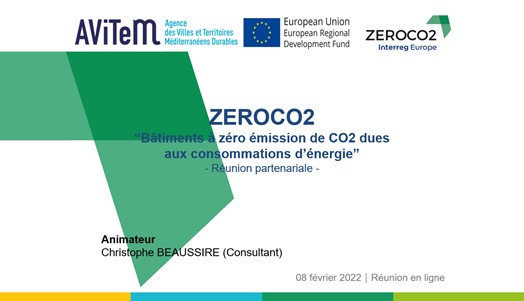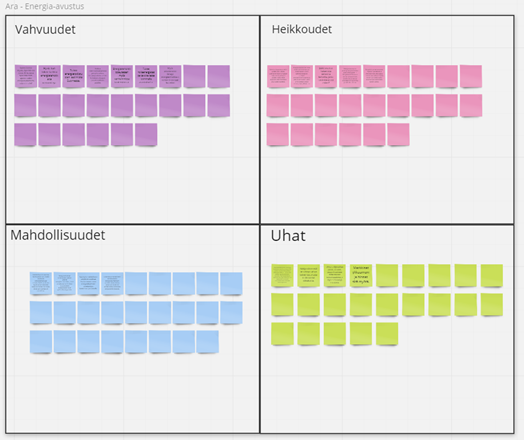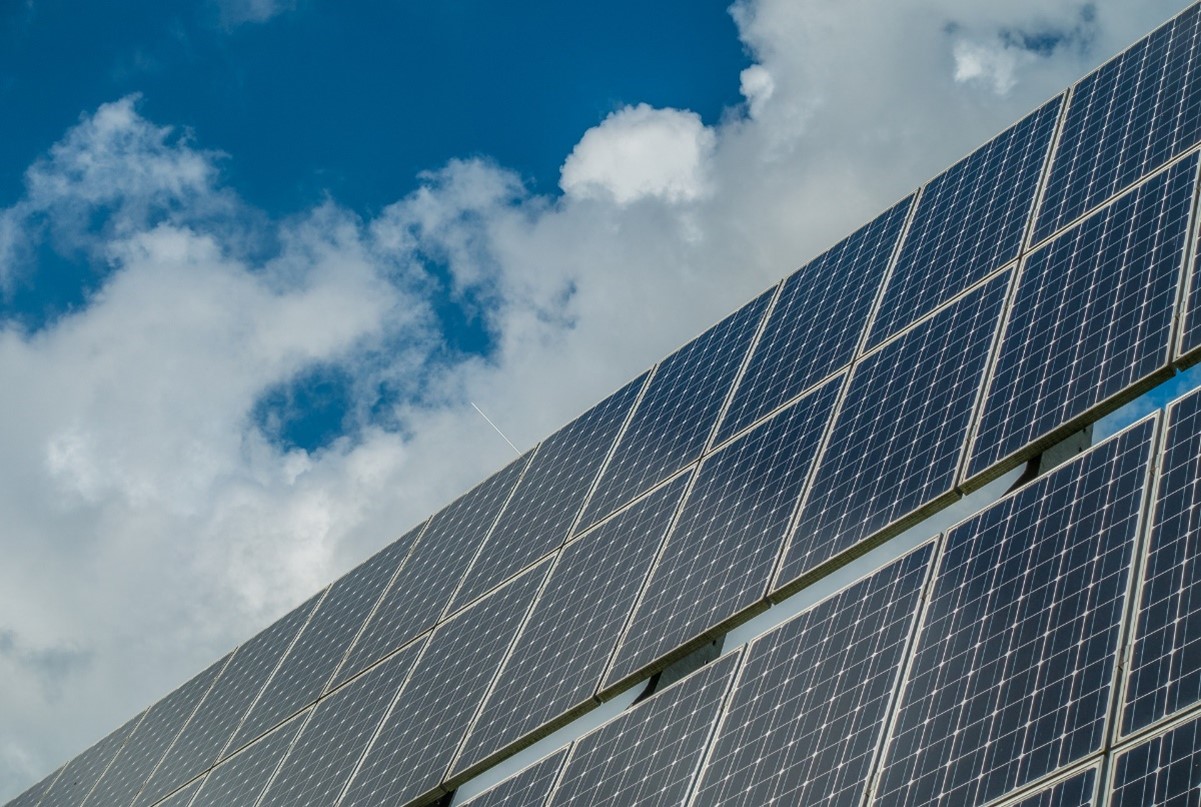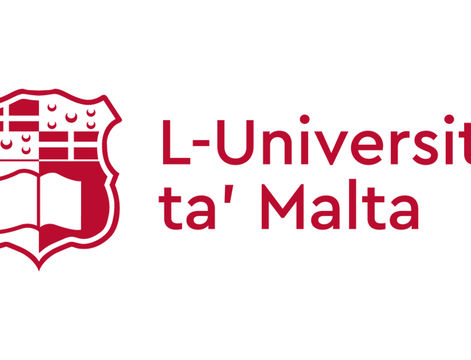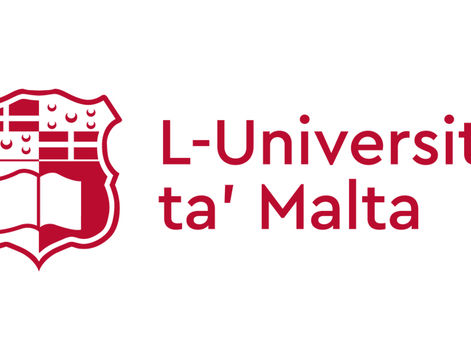Day 1
The first day of the meeting begun with an opening and welcome from Director of the Mediterranean Agronomic Institute of Chania.
1. Project update
Tea O. Potocnik, the project manager from LEA Spodnje Podravje, Lead Partner of the project, gave a brief and quick overview of the ZEROCO2 project, its activities, the partnership, the expected outputs, results and current situation.
Till now, partners have:
- identify the current situation in the field of energy policies already promoting use of RES and EE,
- identify strangest and weaknesses of the policies with suggestions for possible improvements,
- identify current availability of regional RES in participating regions,
- bring together stakeholders,
- prepared 7 different studies: transformation of a building to a zero CO2 emission building due to energy use,
- identify several different good practice examples,
- started preparing Action Plans.
Next steps:
- Finalization of Technology study,
- Good practice guide, - Action plan with market need report,
- Regional seminars in September,
- Joint event on Energy Efficiency and Resource Efficiency organized by Interreg EU,
- Third study visit in Finland next Year in February,
- International conference in Slovenia – March 2018,
- Final dissemination event in Marseille, France (2019).
2. Presentation of the energy technology options
Each partner (except Kaunas district) delivered a presentation and outcomes of the technology study.
3. Discussion
During the presentations and afterward a discussion with some of the following questions were addresses by the partners:
- How can we solve the problem with increase of electric cars – does grids have enough power?
- AVITEM have presented a Hybrid solar technology as an option and have explained that in France they have scenarios to exclude Nuclear power.
- Partners have agreed that the recommendations for combination of different technologies to cover all the energy demand from RES should not be focused only on combination of two technologies – it depends of the type of the building (e.g. for schools no cooling is needed, but in Hospitals it is, as well in city centres there is not enough space for PV,…).
- Main discussion was raised about how to get funds for implementation of measures identify in the technology study, how to implement this in the policies addressed by partnership.
- Dr. Charles Yousif (from University of Malta) has asked the partnership How to reach the policy makers? It was agreed that we have to go up ‘’the ladder’’ to reach the main person, we have to find convincing arguments to convince them about the added value of creation of near zero CO2 buildings. On the other hand, we have to push certain sectors to invest in this kind of buildings.
- Dr. Ioannis Vourdoubas (MAICh) explained that in Greece the policy makers are not interested into creation of ZEROCO2 buildings, but are into near zero energy buildings because of the EU Directive. That’s why is important to integrate the ZEROCO2 buildings, not only in to policies at reginal/national level, but in to the EU Directive as well. - Ioannis explained that (for Crete) it is cheaper, more economical to create ZEROCO2 building than zero energy building.
- Finish partner – Thermopolis had an interesting audience among their last event that could help bring ZEROCO2 buildings to the EU level. Among audience was a person that writes legislation on zero energy buildings. It was suggested to implement ZEROCO2 in to the buildings that cannot reach zero energy standard.
- Also, there were some doubts how to call near zero CO2 emission buildings, specially about the translation of ZEROCO2. There were concerns that the name is not catch our that audience will not understand it the right way.
- There was a suggestion to include the emissions on the energy certificates of the buildings. - As the majority of partners are focused in to the energy efficiency directive, there was a suggestion that ZEROCO2 buildings are in some way already present in the RES directive.
- Major discussion followed on the theme how to reach end users. The partners agreed that with the policy change, the change of behaviour will be a consequence. For examples, end users will have energy savings if they adapt ZEROCO2 measures.
- Partners have shown some concern about the action plan and the next steps in the preparation of plans. There were some suggestions what type of actions to include in to the action plan, as an example: capacity building, tax reives, etc.
4. Case studies
- Mr. Vourdoumpas Ioannis presented a case study regarding the use of solar thermal systems in Crete,
- Mr. Angelakis Georgios presented a case study regarding the use of solar PV systems in the buildings of MAICh.
5. Study visits
- Full details of all study/site visits are recorded in the Library folder (Site Visits - Semester 3 - Crete).
